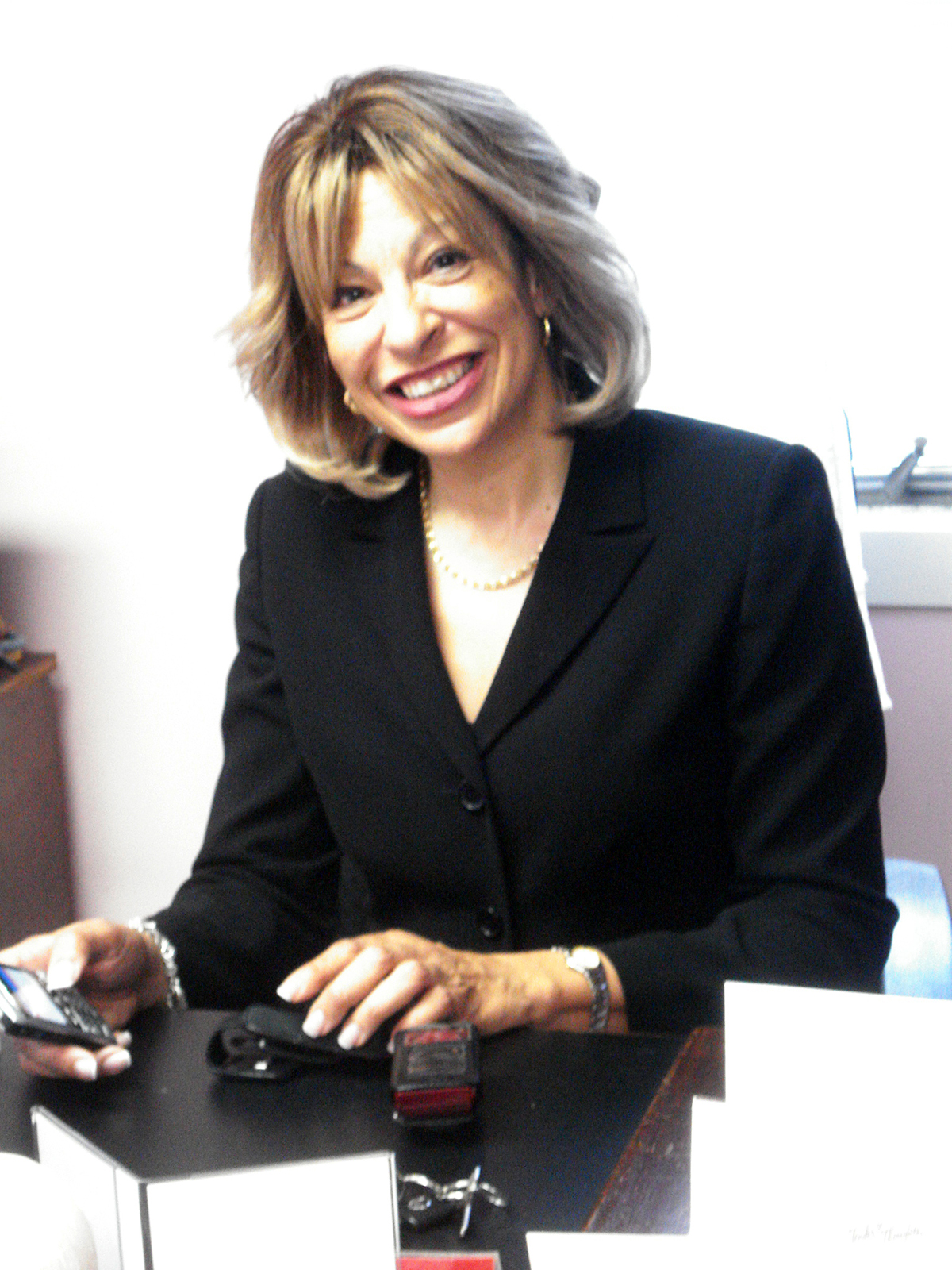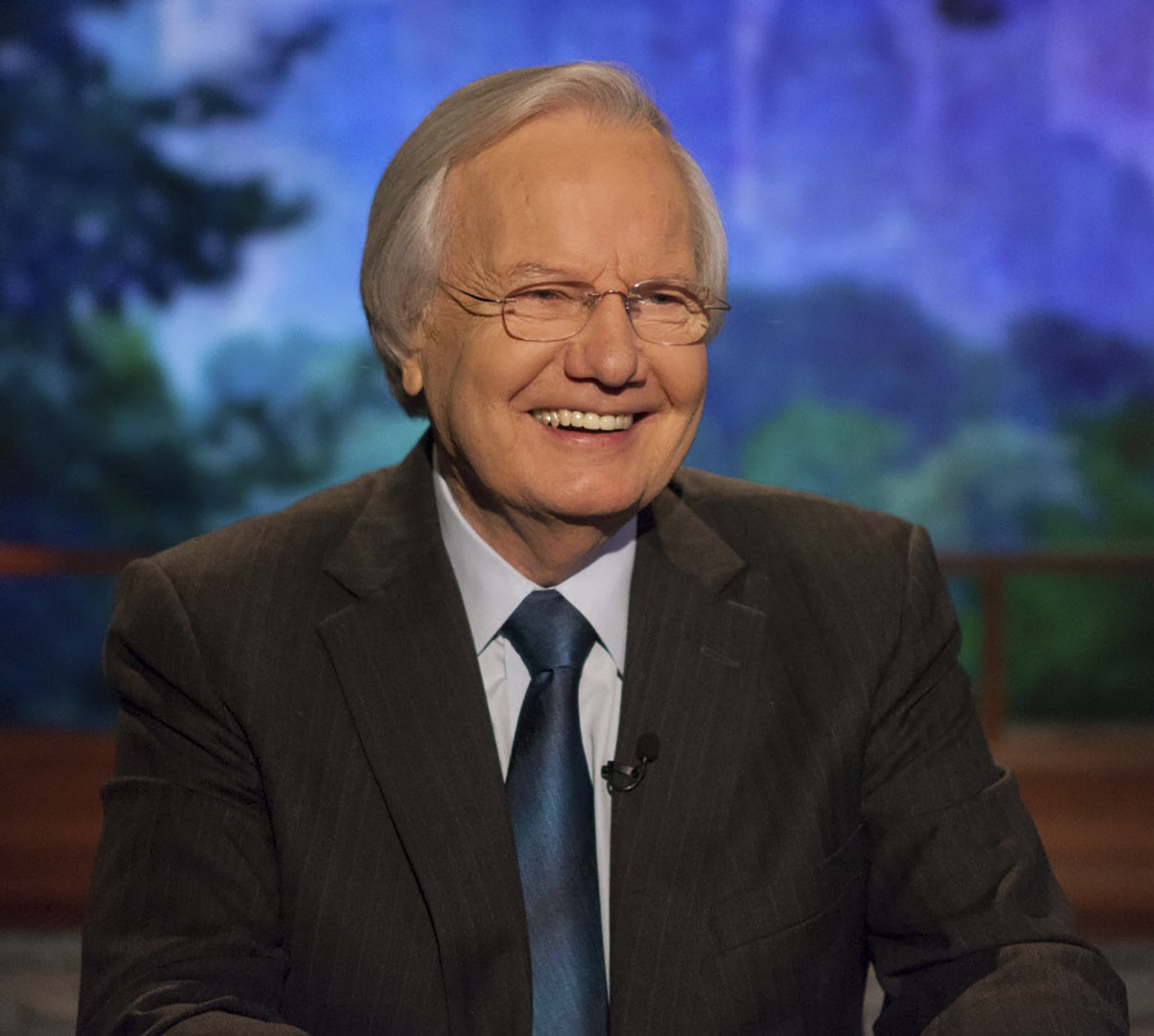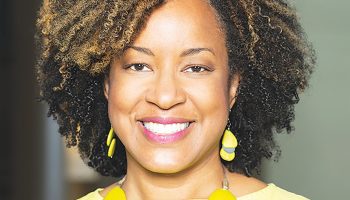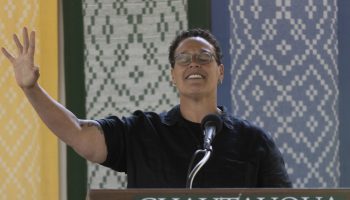The two most sacred texts in this country, the Bible and the Constitution, have been failing us for centuries.
At least, that is what the Rev. Dr. Susan K. Smith, founder and leader of the private nonprofit organization Crazy Faith Ministries will argue today in the second of four conversations this week with broadcast journalist Bill Moyers. The conversations will make up the week’s Interfaith Lecture Series, culminating in Moyers’ final thoughts on the discussions on Friday.
The conversation between Moyers and Smith will take place at 2 p.m. Tuesday in the Hall of Philosophy and is titled “The Failure of Our Sacred Texts to Quell Our Current Faith Crisis.” Smith said the crisis of faith is rooted in the discord between the true meaning of these texts and how they have been interpreted.
“In both of those documents there are the most powerful words,” Smith said. “They’re so powerful. And yet, in spite of those two documents, neither of them have been effective. They have been impotent, really.”

Smith, who earned her Master of Divinity from Yale Divinity School in 1986, said she has been concerned about this issue and its effects for a long time and has thought deeply about it. While she is inspired by the contents of the Bible and the Constitution, she says they have been twisted by oppressors to be used for oppression.
In fact, one of the most powerful lines in the Constitution — “all men are created equal” — has never been true, she said, because white men still create rules for everyone else. As for the Bible, Scripture has been used to justify racism and cruelty, and people who lynched African Americans on Saturdays still received communion on Sundays.
As a result, Smith said, we have an oligarchical and polytheistic society, contrary to traditional American rhetoric. While “polytheistic” may seem odd at first, Smith said there is no way that both the oppressors and the oppressed worship the same god.
“All of these different groups have created a god — little ‘g’ — to hold onto their faith, to hold on to their spirituality,” Smith said.
Moyers said he discovered something akin to Smith’s theory in his own church growing up. At the time, he said, he simply had found community and generosity in his Southern Baptist church in East Texas. Eventually, though, he realized that it really was oppressive to black people and women, even when it had been kind to him.

This cast doubt in Moyers’ mind that what he had accepted as true may be open to interpretation, he said. Now, he describes himself as a man of faith but doesn’t prescribe to any specific religion publicly.
Smith and Moyers will also discuss how instances like these, where people leave organized religion, have led to internal discord that may be reaching its boiling point. They will also present solutions to the problem, like Smith’s Crazy Faith Ministries.
Described as a church without walls, Crazy Faith Ministries is the embodiment of Smith’s idea that people should be the church, she said, rather than going to church. The group focuses on community service, usually small jobs like giving coffee and socks to homeless people, and the parts of Scripture that preach doing good unto thy neighbor.
Smith said she understands, though, if people are struggling with their faith in this crisis, since she is wrestling with her own.
“People don’t know where they are, what to do and where to turn,” Smith said.




